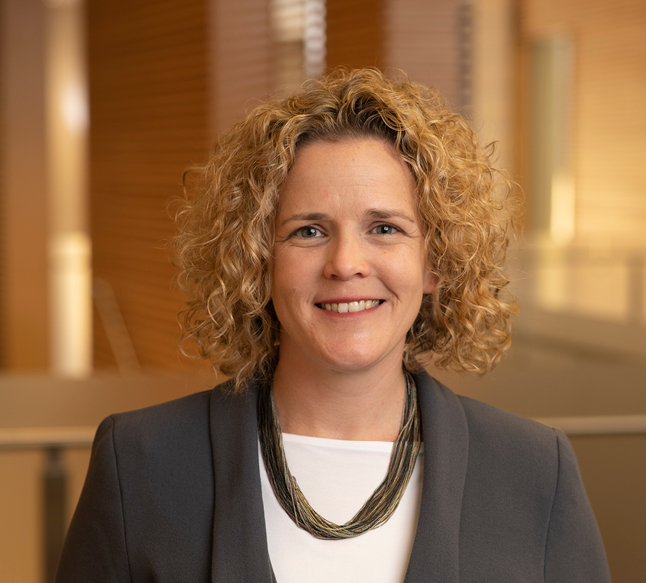Food insecurity is an issue for many individuals who are eligible for Medicaid, and it has been exacerbated for many during the COVID-19 pandemic. Local food shelves are seeing increases in demand, but fewer donations and temporary closures due to health concerns are making food increasingly more difficult to access. Even when local resources are available, individuals who are homebound do not always have someone who can pick up and deliver food to their homes. To help address this issue, UnitedHealthcare Community & State has expanded its food program to connect members with local resources and home deliveries to sustain them during this time.
To help coordinate our food deliveries, we have partnered with several large grocery chains to provide individuals across the nation with shelf-stable groceries or meal kits. Deliveries include two weekly shipments, with the option to extend in the event that there aren't other accessible options.
Our case managers play an integral part in connecting members to food supplies, including helping them understand their potential eligibility for entitlement programs such as the Supplemental Nutrition Assistance Program (SNAP) and Women Infants and Children (WIC). But for members who do not qualify or do not have access to alternative options, the team can help members sign up for our program. Each enrolled member also receives a follow-up call to ensure that they have received their food delivery box.
As of May 19, the program has provided more than 370,000 meals for 10,000 members. While case managers are directly connecting with high-risk or home-bound individuals, all members can learn more about the program by calling to request assistance. We have made nearly 19,000 referrals for nutrition support during that same time.
During a time when life is already difficult to navigate, worrying about your next meal is one stress we hope to alleviate for our most vulnerable members.
Read more from Sarah Glasheen and Eleanor Beaber

